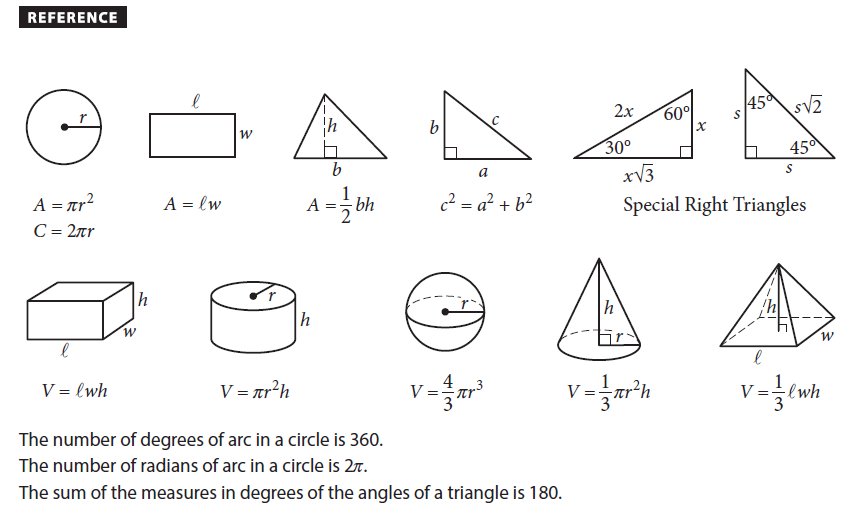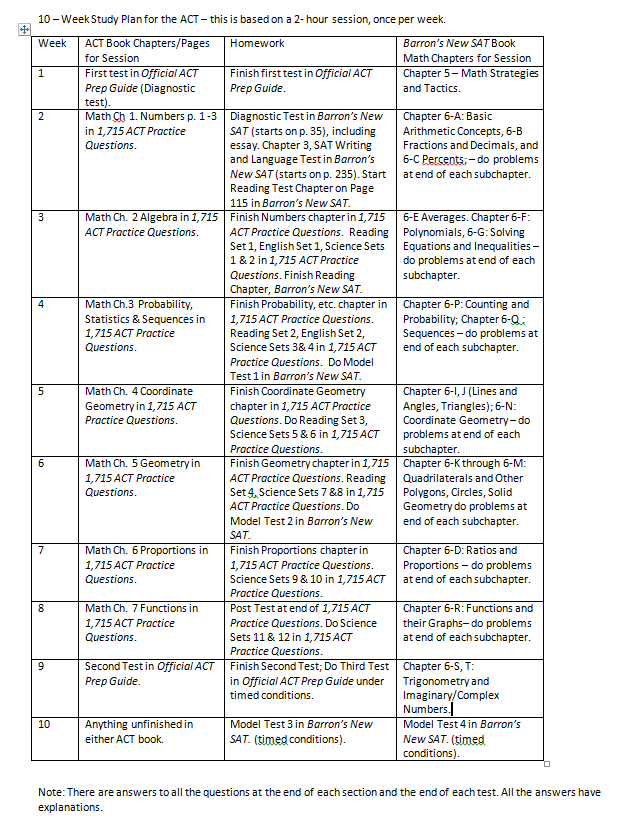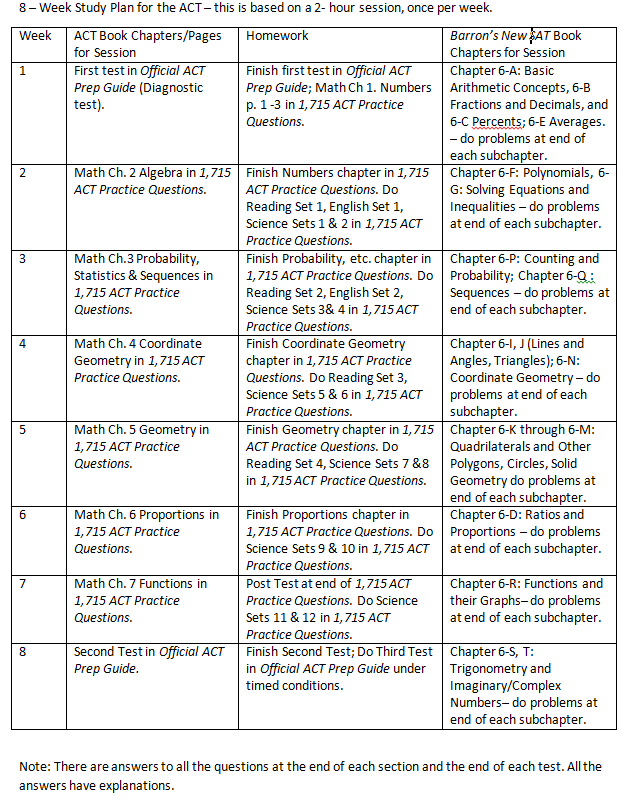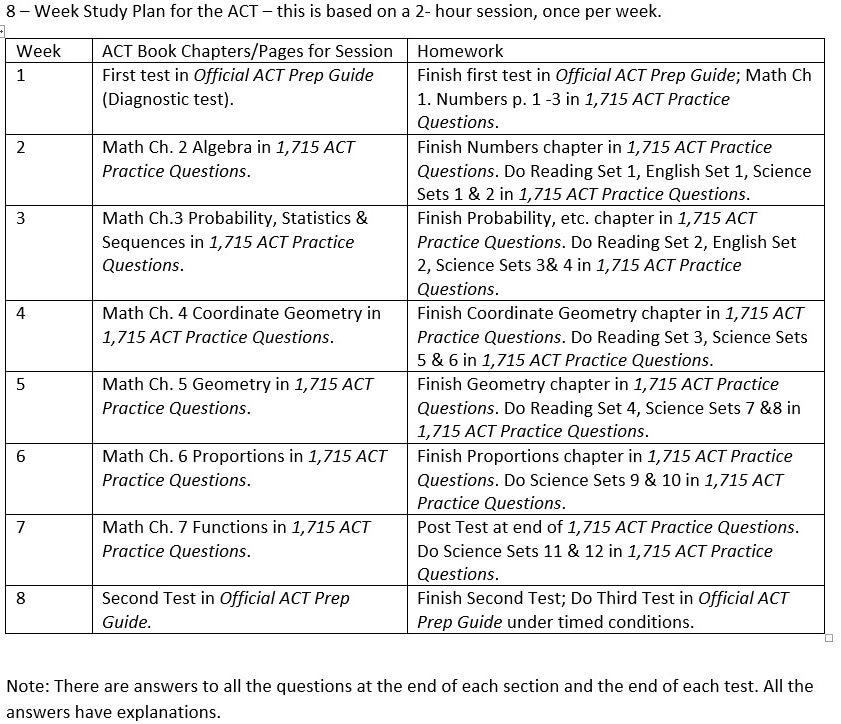|
SPECIAL NEW CUSTOMER OFFER: Free 30-minute diagnostic session. Limited spots. 415-623-4251.
If you’re researching a business using Yelp, here’s something I strongly suggest you do : take a look at the bottom of the business’ Yelp page. Look for “Reviews that are currently not recommended,” then click on the link that lets you view those reviews. I’m writing this because I recently looked at my own business’ Yelp page and saw that 6 reviews of my business were “not recommended.” That means they were hidden to viewers who didn’t bother to scroll down and click on the tiny link – that is, most viewers. None of the hidden “not recommended” reviews were false – I figured out who the customers were, and they accurately described the services I provided (and I’m flattered by the nice things they said about me)… I checked other people’s businesses, and the same thing seemed to happen – reviews were randomly emphasized or de-emphasized without any apparent pattern or logic. The other day, a Yelp ad salesperson emailed me for the second time, asking me to buy ad space on Yelp, after being unable to reach me by phone. Now, I’ve been contacted by at least three (and I think four or five) Yelp ad salespeople. After listening patiently to a sales presentation by the second Yelp salesperson, I realized that, to me, Yelp advertising isn’t worth the cost. Ironically, one of the salesperson’s first questions – “How much additional business would you have to get to make the advertising worth your while?” - led me to the conclusion that it wasn’t worth it. The main incentive offered to me was that other services’ ads wouldn’t appear on my Yelp page if I bought advertising. I don’t care about that – there’s no reason for me to try to keep people from “shopping around” for other tutors’ services. I don’t need to try to hide your choices from you to convince you that hiring me is the right choice. It seems to me that Yelp can’t “have it both ways” – if it wants to act like a paid advertising service, it can, but then it should stop pretending it’s just an unbiased source of third-party reviews. I rate things on Yelp. I encourage my customers to rate my services on Yelp. I use Yelp to find places to eat, get my clothes cleaned, get my car serviced, and so on. But I’m not going to advertise on Yelp until the “not recommended” reviews make sense, and until advertising on Yelp makes sense to me. And you should make sure you check out the “not recommended” reviews so you get the whole story about a service provider, not just what some weird algorithm or person at Yelp decides you should see. The Ninth Circuit, an important federal appeals court that interprets laws for most of the western United States, including California, has ruled that it is perfectly legal for Yelp to manipulate reviews to favor people who buy advertising on Yelp. While the ruling is probably correct*, since Yelp has the First Amendment right to publish anything it wants and can do business with anyone it wants. It’s very similar to news organizations’ legal right to publish news they know is false. No, seriously, it’s basically legal to publish “fake news” under the First Amendment. I said “basically legal” since you can be sued in civil court and end up having to pay a judgment if you publish something you know is false that damages someone’s reputation. There are exceptions to that rule, as in the case of public figures, but I digress. To use an old Latin phrase, Caveat emptor – let the buyer beware. Or perhaps Caveat lector - let the reader beware. Make sure you read all the reviews and analyze them before deciding to use a product or service rated on ANY review site, not just Yelp. This makes it easier to see what reviews are “outliers.” What I mean by an “outlier” is the one bad review when all the rest are really good; or an AMAZING review among mostly mediocre ones. An outlier can arise from unusually good or bad customer experiences. The business owner should respond to unusually bad reviews. As I’ve noted in previous blog entries (see December 2015’s How To Have Your Review Taken Seriously ), an unusually bad review can be from someone seeking revenge, and an unusually good one can be from the business owner’s friends and family, if not the business owner himself/herself**. *Note: This is not legal advice. I am not your lawyer. If you need legal advice, seek advice from a licensed attorney in your jurisdiction. ** Note: as far as I can tell, Facebook lets business owners rate their own businesses – Thumbtack and Yelp don’t. So you might want to check to see who OWNS a business you see rated on Facebook before believing any particular review. SPECIAL NEW CUSTOMER OFFER: Free 30-minute diagnostic session. Limited spots. 415-623-4251.  You have less than two weeks to prepare. First of all, as I always advise, you should take an entire sample ACT under timed conditions, including the essay question. You really need to know what kinds of problems take too long for you to solve and see if you can find a shortcut for that problem in your ACT or SAT review books. Chapter 5 in Barron’s New SAT would be useful here – yes, it’s an SAT guide, but most of the advice also applies to the ACT. Essay Prep: Speaking of the essay, some topics that might come up would be things that have been “hot potatoes” in the news for the last year or so. With Trump’s election, several topics have come up in the news repeatedly:
Math Test Prep: Among other things, you should know the basic math formulas listed in the SAT “Math Facts” box found at the beginning of every SAT math section (see below). Unlike the SAT, the ACT will usually give you the harder formulas (but you should make sure you’ve memorized the quadratic formula for quadratic equations you can’t solve by factoring or completing the square). It's in my earlier blog entries, and you can also just Google it if you don't know what it is). You should also know that if a multiple choice question has radicals in it (for example, the square root of 3), that's a dead giveaway that the equation has to be solved with the quadratic formula. English Test Prep: As far as the English test is concerned, make sure you know the proper use of commas, dashes, semicolons, and colons. Make sure you know how to join independent clauses (i.e. complete sentences) into one sentence using a semicolon or a comma followed by a FANBOYS (For, And, Nor, But, Or, Yet, So) conjunction. Know you can’t join two independent clauses with just a comma – that’s a “comma splice.” Know the present and past participles of irregular verbs – the forms that include “have” or “had” – e.g., “By the time we arrive, the play had already begun.” See my earlier blog entries on the SAT and ACT for more advice on the English section. Reading and Science Test Prep: The main thing about the reading and science ACT tests are that they’re speed tests. The best way I find to approach them is to read the questions, then look back in the passage for the answers – scan for words relating to the question, then check to make sure the words haven’t been used to trick you. For example, if a passage reads “The US Civil War was NOT primarily fought over slavery,” make sure you don’t choose an answer that says “The author states the primary reason the Civil War was fought was slavery.” Similarly, the science tests are generally best done by looking at the questions, then finding the data in the charts or the passage. If you understand the science underlying the passage, you may not even have to read the passage or the charts to pick the right answer! The worst-case scenario is that you end up having to read the whole passage anyway, which is likely if you’re reading prose fiction, since fiction is not necessarily organized in chronological (or even logical) order. Fiction writers are looking to entertain and tell a story, not relay information quickly and concisely – for example, novels and newspaper articles are written using very different styles. But scanning the passage for the information relevant to the passage should be the first method you try, and if that fails, just read the whole thing, marking off the places where you find important information. There is some chance that an answer to a science question will similarly be “buried” in the passage – you should look for an answer there if the charts and graphs don’t seem to have a clear answer to the question. My earlier blog entries have further advice on the ACT science and reading tests; my advice (which is based on my own experience and what others have written) on the SAT reading test in earlier blog entries will also help. Your experience may be different – I’d suggest you try my method, and then also try reading the passages first and doing the questions to see what works for you, but most likely you’ll find reading the questions first works best for the science section and most reading passages. You might ask "Why the heck would I use an SAT book to review for the ACT?" It's simple - the "New SAT" is very similar to the ACT, so studying for one helps with the other, and the Barron's New SAT book has a very good, comprehensive math section, both on the test tricks used on both tests and the substantive mathematics you need to know (warning: the ACT you take will probably ask about trigonometric identities, whereas the SAT probably will not.). So here's a variation on the last prep plan I posted, with the Barron's book added as a resource.
This plan uses the McGraw-Hill 1,715 ACT Practice Questions and the ACT's Official ACT Prep Guide.You may have noticed I just updated an old post from April 2016. Here's why - it's relevant to the upcoming SAT; I often refer people to my blog; and sometimes the interface for Weebly, the service I use to publish and host this site doesn't show superscripts, subscripts, Greek letters, and so on, in the way they appear when I write the posts in MS Word or another program. So when I see a problem (sometimes almost a year later), I fix it! Feel free to let me know if you see a problem with one of my blog posts.
Thanks, John |
Author: John Linneball Who did you think? ;-)I'm the proprietor and only tutor for this business; that's why I named it after me. Archives
June 2024
Categories |



 RSS Feed
RSS Feed